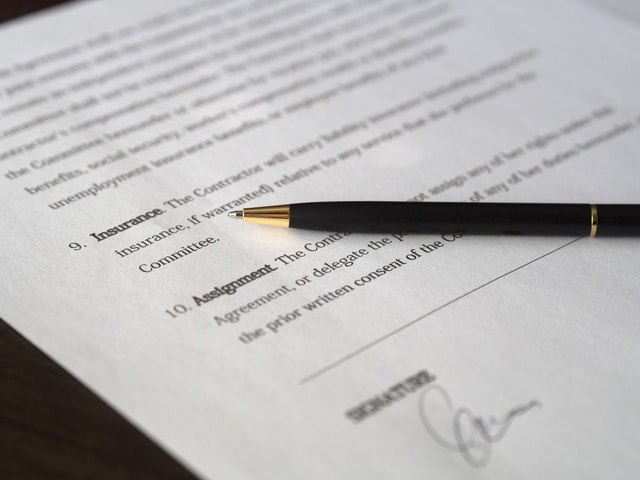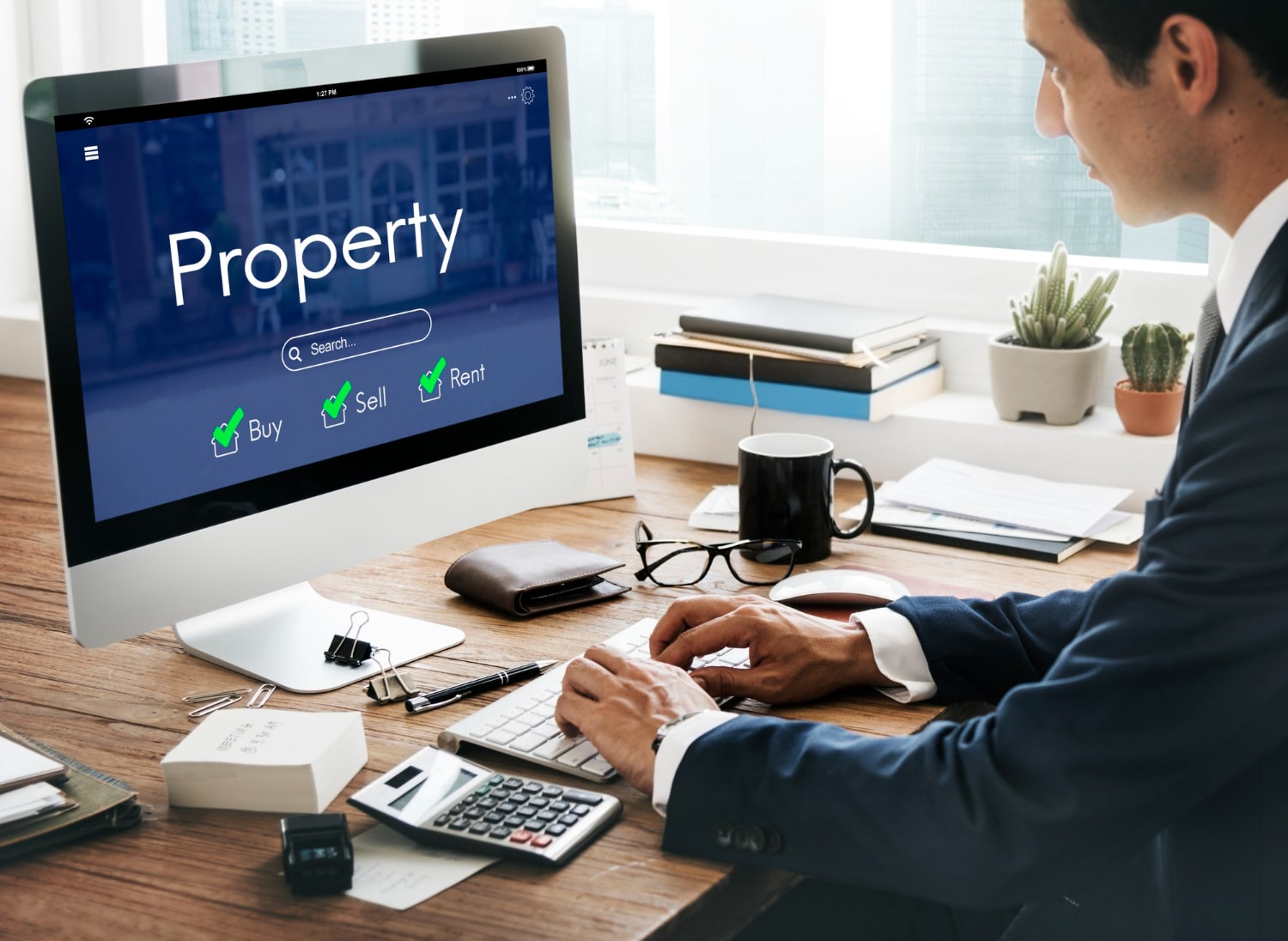What is a Security Deposit?
A security deposit is a sum of money, usually equal to one month’s rent, that a tenant gives to the property owner when they move into a new property. The deposit covers any damage incurred during tenancy, and it’s usually refunded (less remaining charges) after the tenant vacates (provided they left the place in good condition).
If the tenant causes severe damage or doesn’t pay their rent, the owner can keep all or part of the security deposit. Some owners require first and last month’s rent in addition to a security deposit, so it’s always best to ask about all the required fees upfront before signing a lease.
What Determines the Security Deposit Amount?
The deposit usually equals one or two months’ rent when leasing commercial property. The deposit amount may be negotiable, depending on the owner and the property type. For example, office space may require a higher deposit than retail space. It also may be dependent on personal or business credit of lease guarantor. The deposit covers any damages during the term of the lease.
Are Security Deposits Taxable?
If you own a commercial property, you may be wondering if the security deposit you collect from your tenants is taxable. The answer to this question depends on a few factors, including the type of property and the state in which it is located.
In general, if the funds will be returned to a tenant at the end of a lease, then the deposit is not taxable when received. If the deposit will be retained by the owner, then the security deposit will be taxable when liquidated from escrow to the owner. However, there may be some exceptions to this rule, so it is important to consult with a tax specialist if you have any questions.
How to Record a Security Deposit in QuickBooks
When you receive a security deposit from a tenant, you’ll need to record it in QuickBooks. If your security deposit is taxable income, then you can record the receipt of a security deposit as Rental Income with a note in the description. However, if the security deposit is refundable to the tenant, then you should create a separate Other Current Liability account to track the deposits.
It is important to remember that this money does not belong to you. This security deposit is intended to be refunded to the tenant upon their vacating of the premises. Some states require that you hold a security deposit in an escrow account and most states disallow or require notice to the tenant if placed in an interest bearing account. It is a good idea to keep a separate account and possibly even a separate bank account for these security deposits depending on your state’s laws. If you have any questions, please consult your tax accountant for your specific state’s rules and regulations.
Create a New Account
1. Go to the tools menu and select Chart of Accounts.

2. Click on the green New button.

3. Fill out the information for the new account and click save.

Your new account is now ready to use. You will also need to add an Income Item for this line item when you are ready to create an Invoice for it. See Creating Income Items in QuickBooks Online for more help if needed.
How STRATAFOLIO Can Help You Track Your Deposit Liability
If you’re working with several entities and multiple tenants in QuickBooks, ensuring the proper recording of your deposit liabilities is a challenge. STRATAFOLIO consolidates all of your QuickBooks files into a single dashboard where you can track your Rent Rolls, upcoming rent escalations, maturing loans, and security deposits held. The STRATAFOLIO system integrates seamlessly with QuickBooks while providing additional features designed especially for commercial property owners. Contact us today for a demo.








